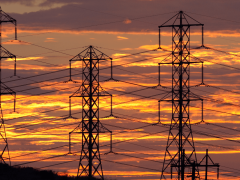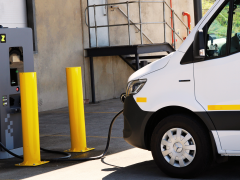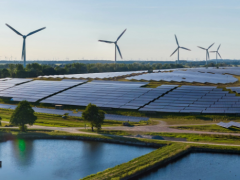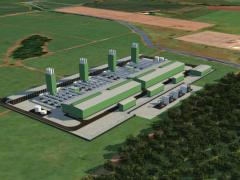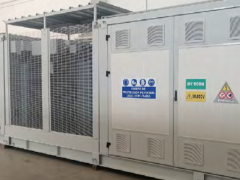South Africa’s energy exports appear to have been spared from US President Donald Trump’s new 30% reciprocal tariff announced on April 2. The sweeping measures apply to imports from dozens of countries – including South Africa – but specifically exempt energy products and certain minerals.
A White House fact sheet confirms energy products and certain minerals not available in the US are exempt from the new tariffs. Platinum-group metals, base metals and energy commodities are excluded from the new duties, including copper, zinc, manganese, nickel, gold, platinum and coal.
The document states the following will not be subject to the reciprocal tariff:
- Articles subject to 50 USC 1702(b).
- Steel/aluminium articles and autos/auto parts already subject to Section 232 tariffs.
- Copper, pharmaceuticals, semiconductors and lumber articles.
- All articles that may become subject to future Section 232 tariffs.
- Bullion.
- Energy and certain other minerals that are not available in the US.
According to the Observatory of Economic Complexity, South Africa’s main exports to the US include precious metals such as nickel – critical to the global energy transition – and motor vehicle parts. While these may face scrutiny under the new tariff regime, exclusion of energy-related exports suggests the local sector is not immediately affected although future impacts cannot be ruled out.
The tariffs are expected to disrupt global clean energy supply chains. In November 2024, industry experts told Reuters that tariffs on imports from China, Canada, Mexico and Southeast Asia could drive up the cost of solar components in the US, slowing deployment of utility-scale projects.
South Africa, which sources many renewable energy inputs from these regions, may face higher import costs or tighter supply as manufacturers redirect products to higher-margin or tariff-free markets.
But there could be an upside. Andrew Middleton, CEO of solar subscription provider GoSolr, said the tariffs are unlikely to directly impact South Africa’s energy sector as the country does not export energy goods to the US. “In a strange way, it might help us,” he added. “China and other countries could decide to ship more products to us instead of the US, so prices could come down further.”
The exemption of platinum-group metals was widely anticipated by South Africa’s mining industry, which warned that US automotive production would face major disruptions without access to these materials, which are essential for manufacturing catalytic converters.
According to a report in News 24, trade data released by the South African Revenue Service (SARS) shows that South Africa exported gold, platinum, diamonds, jewellery and precious metals worth R55 billion. In addition, chrome and manganese worth R7 billion were exported, as well as R900 million-worth of nickel.
Coal will also not be subject to the new tariffs as it is an important part of Trump’s anti-decarbonisation drive.
Last year, energy exports from South Africa to the US totalled R2 billion, together with crude oil and petroleum.
How will Trump’s tariffs affect South Africa? You tell us!
We’re calling on industry experts to share their views on the likely impact of the Trump administration’s newly announced 30% reciprocal tariff on South Africa’s economy.
With key commodity categories affected – and others exempt – what do you foresee for the energy sector following Tuesday night’s announcement?
Please send a short email with your perspective to the editor at natashas@nowmedia.co.za.





